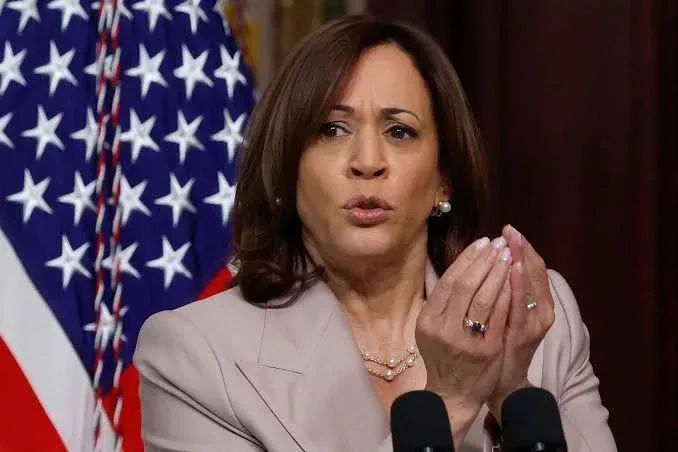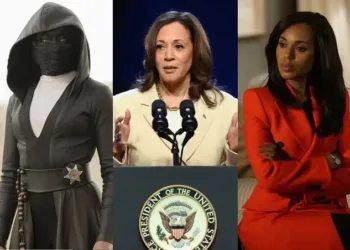Gender stereotypes have historically shaped expectations and perceptions of women in politics, but recent shifts in societal views are opening new opportunities for female leaders, especially those in high-profile roles like Vice President Kamala Harris. Here are five insights from recent research that highlight how changing gender norms could positively impact Harris’s political image and influence.
Expanding Leadership Perceptions
Traditionally, leadership has been viewed as a masculine trait, emphasizing assertiveness and control. However, recent studies show that people increasingly value “transformational” leadership qualities—often associated with women—like empathy, collaboration, and adaptability. This shift enables leaders like Harris to leverage these strengths, which are seen as particularly valuable in times of crisis or societal division. By embracing these traits, Harris could connect more deeply with constituents, addressing their concerns with a compassionate, inclusive approach.
Research Insight: Studies indicate that voters are now more likely to value a mix of “feminine” and “masculine” leadership traits, which enhances the appeal of leaders who can blend strength with empathy.
Combating “Double Bind” Expectations
Women in leadership often face a “double bind”—the expectation to be assertive yet warm, decisive yet approachable. Research highlights that public awareness of these stereotypes is increasing, and there is greater empathy for women navigating these expectations. This changing awareness helps mitigate the judgment female leaders often face, particularly when expressing ambition or taking a strong stance. As a result, Harris can take a more assertive approach in her leadership, potentially reducing backlash for actions that might have been judged harshly in the past.
Research Insight: Studies reveal that more people are acknowledging the biases women face in leadership, which can soften the criticism of women taking a firm political stance.
“Jezebel Spirit”: How a Misogynistic and Racist Term is Targeting Vice President Kamala Harris
Support for Multicultural Representation
With Kamala Harris representing a diverse background—both in terms of race and gender—recent research suggests that voters increasingly support leaders who reflect America’s multicultural makeup. People are becoming more aware of the unique perspectives that leaders from diverse backgrounds can bring to policy and governance, seeing it as an asset rather than a divergence from tradition. This shift can strengthen Harris’s standing among voters who view her identity as a symbol of progress and inclusivity in American politics.
Research Insight: Studies show that the desire for a multicultural and inclusive government is growing, which aligns with Harris’s ability to bring a broader range of perspectives to policy discussions.
Gender Biases in Media Coverage Are Shifting
Female politicians have traditionally been scrutinized more harshly in media coverage, with a focus on appearance or “likability” rather than achievements. However, recent research highlights a shift toward fairer media representation, spurred by public backlash against sexist or superficial coverage. This trend offers Harris the chance for her policy accomplishments and leadership qualities to receive more balanced media attention, rather than being overshadowed by gendered scrutiny.
Research Insight: A growing awareness of media bias against women has led to pressure on journalists and outlets to focus on policies and achievements over appearance or personality traits, creating a fairer platform for women leaders like Harris.
Increased Public Value for Female Role Models
Studies indicate that female role models, especially in politics, positively influence young women’s career aspirations and self-perception. As a highly visible female leader, Harris is well-positioned to inspire a new generation of young women who might be encouraged to pursue leadership roles themselves. This can enhance her influence and popularity, as people increasingly recognize the societal value of female role models in shaping future generations.
Research Insight: Research confirms that having women in high-level positions inspires young girls and women, increasing Harris’s impact beyond her immediate role and adding to her cultural significance.
As gender stereotypes continue to shift, Kamala Harris stands to benefit from a more inclusive and balanced approach to leadership expectations. With public attitudes evolving to embrace diverse, empathetic, and effective female leadership, Harris’s potential influence—and the positive impact of her role—could be greater than ever.










